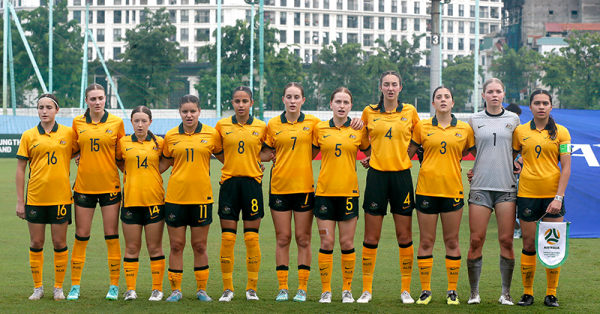Football Federation Australia has announced it will conduct a review of the National Club Identity Policy (NCIP).
FFA Chief Executive Officer David Gallop said the policy was introduced in 2014 after consultation with Member Federations to ensure consistency about how clubs were identified.
“The objective of the NCIP is to safeguard the inclusivity of football whilst also enabling appropriate recognition of the rich history of many long-standing football clubs,” said Gallop.
“FFA management has at various stages in recent times debated the effectiveness of the NCIP. This has been prompted by community sentiment along with experience arising from its application at competition-level, including at the FFA Cup, National Premier Leagues and grassroots level,” he said.
Most recently, a club in Northern NSW has indicated its intention to challenge the NCIP through the courts. Whilst FFA believes that such a challenge is unlikely to be successful, it does serve to support a review of its effectiveness in its current form.
Mr. Gallop said as a consequence of all these factors, FFA management recently recommended to the FFA Board that a review of the NCIP be undertaken. This recommendation was endorsed by the FFA Board.
“The consultation process will involve Member Federations, the Association of Australian Football Clubs and the broader football community, including clubs, players, administrators, volunteers and commercial partners.
“At the time of its introduction the Member Federations and the FFA felt it necessary to introduce this policy to ensure the game remained inclusive and accessible to all Australians, and we believe the NCIP has been successful in achieving this objective.
“Since its introduction, we have seen our community clubs and our National Premier League Clubs continue to grow. We have witnessed our Member Federation Clubs compete and succeed on the national stage during the FFA Cup and we have seen how these clubs have been embraced by not only their local communities but by the broader Australian sporting public,” he said.
The review is expected to be completed early next year.



